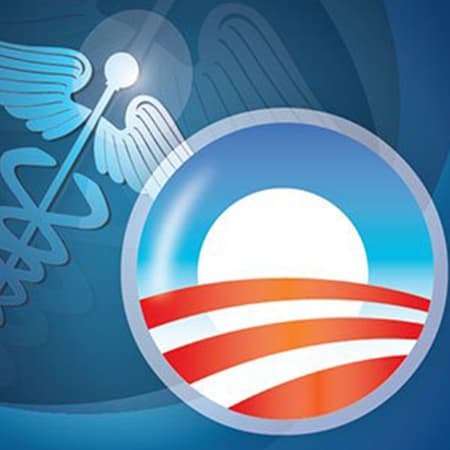


A couple of years ago, several lawmakers and Obamacare insurance exchange advocates told us that no judge in the world would agree with us and the Cato Institute when we warned that under Obamacare a state insurance exchange is the only vehicle through which the law’s penalties and wealth redistribution occurred.
Federal exchanges, we argued, could not deliver tax credits and subsidies, even though the IRS said otherwise. In states without a state insurance exchange, the federal government couldn’t impose penalties. We said the best way to protect the state from Obamacare was to not set up a state insurance exchange.
In an October 2012 memo to the governor, Rep. Lynn Luker, R-Boise, and I wrote these words: “There is a serious ambiguity in (Obamacare) on whether powers and responsibilities given to and benefits flowing through state-based exchanges would apply to a federally operated exchange.
“Adopting a state-based exchange would also remove legal recourse by Idaho businesses to challenge the authority of the IRS to issue these questionable rules. Perhaps most important is that even if Idaho businesses themselves did not challenge the tax or the IRS rules, adopting a state exchange would foreclose Idaho businesses from taking advantage of any favorable rulings by plaintiffs in other states challenging the tax and rulings.”
Last summer, a federal appeals court said that the IRS improperly applied tax credits in states that did not have a state insurance exchange. Another federal appeals court came to a different conclusion. The contradictory opinions have led the U.S. Supreme Court to agree to hear the case next year.
This means the state insurance exchange question remains in play, and will at least through next summer when the highest court in the country reviews the issue. That’s pretty good for an argument two years ago we were told had no merit whatsoever.


